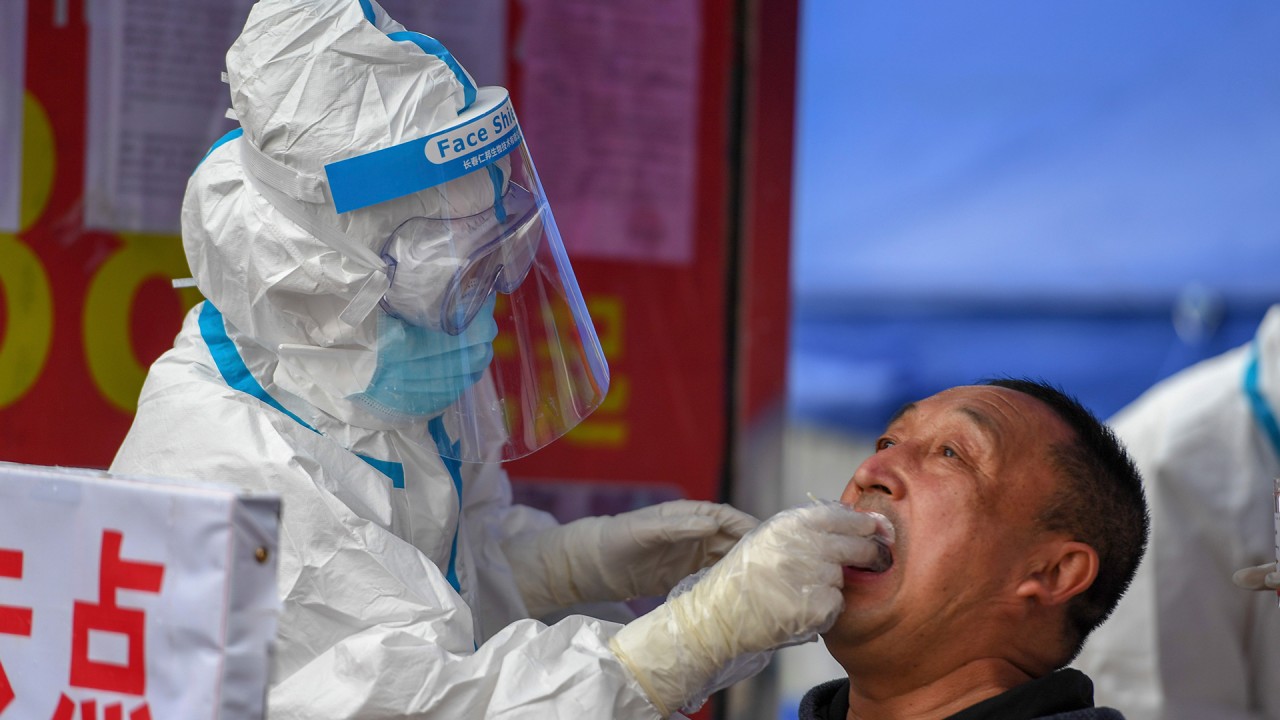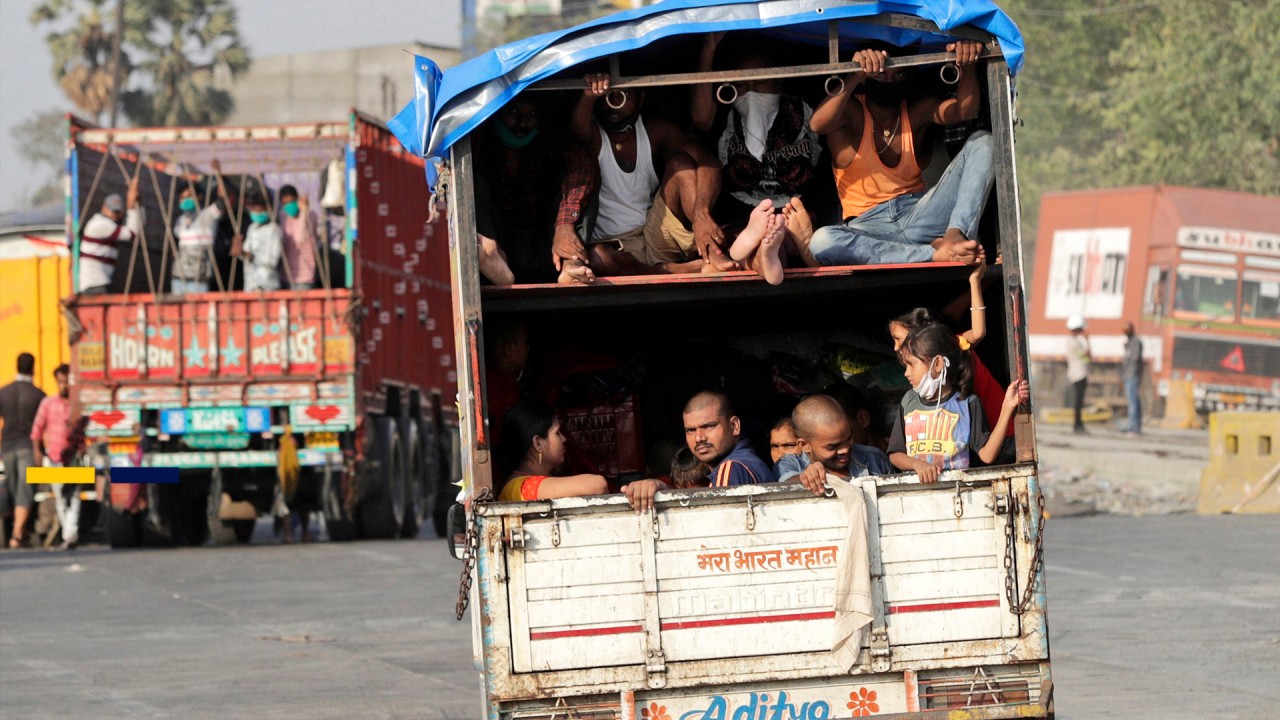
Coronavirus challenge offers an opportunity to learn from history and ease into post-pandemic new normal
- Responses to crises like the Spanish flu, Y2K and HIV provide a road map for adapting to life in a world beset by Covid-19
- Disruption to the global economy opens the door for important reforms such as reskilling, improving working conditions, and focusing on health care and social security
Some experts argue against the precautions taken to contain Covid-19. They claim millions die from flu and tuberculosis every year, so why this global fear? There is also an economic argument, a Trumpism that goes: “The cure cannot be worse than the problem.”
The paper also indicates that non-pharmaceutical interventions, besides lowering mortality, may mitigate the adverse economic consequences of a pandemic.
Humankind has long been plagued by epidemics that have decimated populations. Over the past few months, there have been stories about how some people made something positive out of the outbreaks. Mentions of Shakespeare and Newton have been made, challenging us to make the best of a bad thing.
There is enough modern-day inspiration to keep social media and the publishing industry in business. However, the past is a repository of experience one must tap to live with Covid-19.
China seeks to make coronavirus testing part of the new normal
While research gets to grips with Covid-19, change will be the only constant. The new normal will never settle in without changing behaviour and an understanding of the virus resulting in better detection and treatment.
Most nations enacted lockdowns to break the chain of infection and bolster their health care systems. Bumbling leadership and naively gung-ho populations have defeated the purpose of the lockdown in many countries. The lessons of the Spanish flu remain unlearned as unprepared governments choose to reopen. The world will bear witness and bear the brunt of a second wave.

01:56
Coronavirus: lockdown in northeast China strengthen amid fresh outbreak fears
Two decades after Y2K, or the Year 2000 problem, its challenges are shrouded by the comfort modern technology provides. As governments and firms raced to change and test codes before the new millennium dawned, there was a surge in demand for computer programmers.
As with Covid-19, some countries dived right in while some watched and learned. Few chose a short-term fix like rolling back computer clocks. Today, some debate whether Y2K was a big deal, but this debugging resulted in updated technology, job creation and growth in developing countries’ economies.
It would be too much to hope for a complete socioeconomic transformation. Greed and hubris are still economic drivers.

03:35
Coronavirus: India’s migrant workers desperate to return home after lockdown
Y2K shows the value of curing a headache before it gets worse. Foreseeing the Y2K bug led to its resolution and created job functions that have expanded today. It is also one of the best examples of the world working together.
It is easy to forget how humans have adapted over time because the new normal transitions into a way of life. The Spanish flu, Y2K and HIV introduced norms that were new normals but are now part of everyday living.
Ignaz Semmelweis and Florence Nightingale were early proponents of handwashing, but it was the Spanish flu that highlighted its value, along with sterilising medial equipment and social distancing. Y2K led to a new genre of education and employment. The treatment of HIV resulted in society rethinking sex, sexuality, hygiene and social justice.
These global incidents became disrupters and can serve as road maps to ease us into this new era. If we do things right and learn from these events, the much vaunted new normal will be nothing more than a page out of history.
Samir Nazareth has worked in the development sector and writes on sociopolitical and environmental issues. He is the author of the travelogue, 1400 Bananas, 76 Towns & 1 Million People
Help us understand what you are interested in so that we can improve SCMP and provide a better experience for you. We would like to invite you to take this five-minute survey on how you engage with SCMP and the news.

